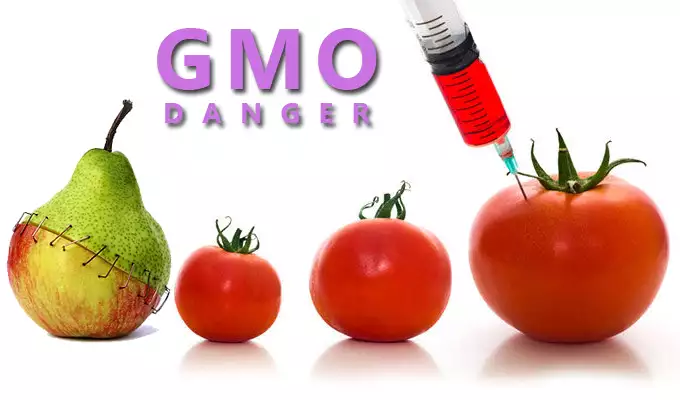Are G.M.O (Genetically Modified Foods) Foods Safe?
The Genetically Modified Food has improved the quality of food varieties. When people enjoy the benefits it brings, they are also worried that this technology that rewrites the code of natural life will produce “monster” food that is harmful to the body?
Short history of Genetically Modified Food
Reviewing the development history of genetically improved crops, it can be found that this technology has taken less than ten years from the experimental stage to the application of crops. Many new varieties have been planted on a large scale without conducting biological impact experiments.
Even the European Union, which was the first to approve the commercial cultivation of genetically modified crops, also authorized local governments to prohibit farms from growing genetically modified crops that have been approved for production once new scientific evidence is found to prove its harm when formulating relevant laws.

It can be seen that although there is no research result showing that eating genetically modified food will directly affect human health, the concern is not unfounded.
An experiment conducted by a British biochemist on the safety of genetically modified foods found that when mice ate genetically modified potatoes, the stomach wall thickened and gastric glands grew, which means that the risk of cancer may increase. Studies have also found that this will reduce the immunity of mice and even their resistance to diseases.
In addition, a study in the United States found that a person who was allergic to Brazilian nuts ate a soybean that was infused with genetically modified Brazilian nuts. The same allergic phenomenon also occurred, which made people aware of the potential dangers of modified foods.
Safety assessment of genetically foods
Biotechnology has only been applied to food production in recent years. At present, all genetically modified foods are subject to strict safety assessments by manufacturers and source regulatory agencies before they can be sold on the market. Take the United States, which produces the most genetically modified crops, for example.
Genetically modified foods are regulated by the Food and Drug Administration, the Environmental Protection Agency and the United States Department of Agriculture. GM foods must meet the food safety and environmental assessment requirements before they can be sold on the market. The entire assessment process (including the manufacturer’s self-assessment) may take several years.
The safety assessment of genetically modified food is based on the principle of “substantial equivalence” recognized by the World Health Organization, the Food and Agriculture Organization of the United Nations and the Organization for Economic Cooperation and Development (Organisation for Economic Cooperation and Development).
The so-called “substantially equivalent” means that if a new food or ingredient is substantially equivalent to a traditional food or ingredient, the new food or ingredient can be considered as safe as the traditional variety. The relevant safety assessment mainly considers the following points:
- Take out the gene and accept the biological characteristics of the gene
- ingredient
- Intake
- Nutrition information
- Toxicity data
- Allergic nature
If there is a difference between the two, the relevant regulatory agencies will conduct assessments and animal tests again. At present, the genetically modified foods on the market are assessed as substantially equivalent to the original varieties, that is, there is no evidence that these foods are not suitable for human consumption.
Read Also: 11 Foods that Fight the Flu and Help Boost Immunity
Antibiotic resistance marker genes are an important element of genetic modification projects. When we want to colonize certain genes into some cells, and we are not sure whether these genes can be colonized successfully, researchers sometimes add a marker gene called antibiotic resistance. If colonized successfully, the new cells will have the ability to resist antibiotics.
If humans eat these genetically modified foods raw, these genes have the opportunity to colonize other bacteria in the human intestines, increasing the bacteria’s drug resistance. If humans are infected with these bacteria in the future, the use of relevant antibiotics may lose efficacy. This problem is believed to have a more profound impact on human health.







